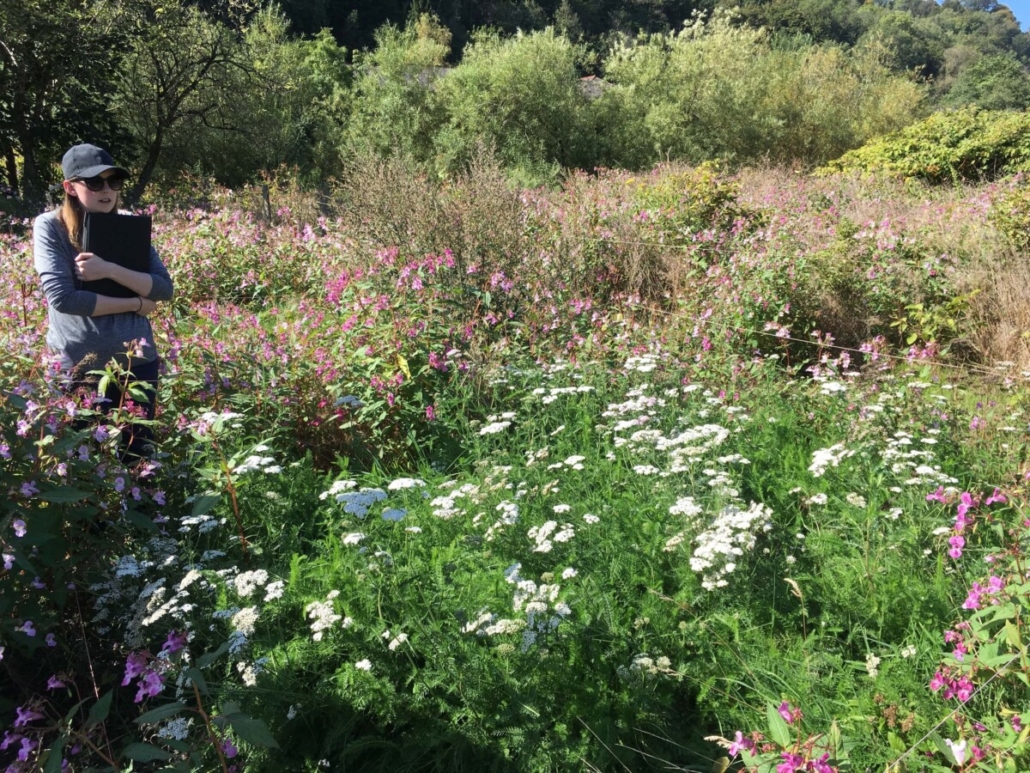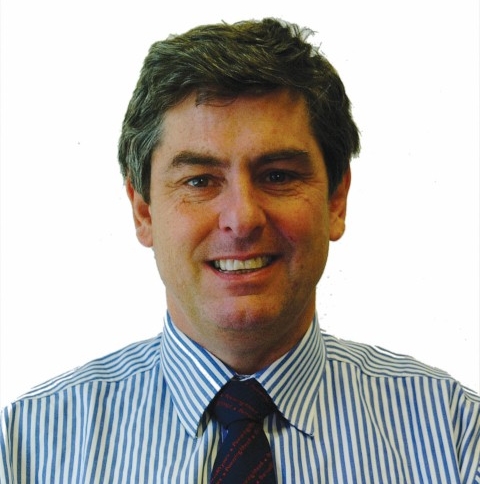Richard Walne appointed as Managing Director of EMEA
Richard Walne appointed as Managing Director of EMEA: The Toro Company is pleased to announce that Richard Walne has been named managing director of the Europe, Middle East and Africa (EMEA) region for its International Business. In his new role, Walne will have leadership responsibility for the company’s equipment and water businesses in the region with a focus on advancing strategic customer priorities, strengthening its market positions and evolving the portfolio of innovative solutions.
Walne’s impressive career at The Toro Company spans 45 years, during which he has held various roles across the International Business. His journey with Toro began as a technical representative in Europe and from there he has had responsibilities around the world. He held senior marketing and product development roles in the United States, demonstrating great versatility and leadership. He then transitioned to the Asia Pacific, Australia and China (APAC) region, ultimately serving as managing director, APAC, a position he had held since 2000. With a deep passion for helping customers and a proven ability to inspire teams, Walne has made significant contributions to Toro’s growth and success throughout his career which he now brings to the EMEA region.

Richard Walne appointed as Managing Director of EMEA
Well-known and respected in the golf and premium sport markets for his extensive product knowledge and expertise, Walne played a key role in founding the Asian Golf Industry Federation and continues to drive education as chairperson of the Certificate in Greenkeeping Committee. A passionate supporter of Variety, The Children’s Charity, Walne has participated in the Annual Variety Bash since 2001, raising significant amounts to help children in South Australia who are sick, disadvantaged, or living with disability.
“Richard’s industry knowledge and impressive career at The Toro Company have been nothing short of exceptional,” said Amy Dahl, vice president, International at The Toro Company. “His contributions have significantly shaped our international business across the globe, and his dedication to our customers and teams is unparalleled. We are thrilled that Richard is moving into this role and are confident that he will help expand our market leadership and accelerate growth in this region moving forward.”
Walne will relocate to the United Kingdom over the next few months, marking a return to where he first began his storied career with The Toro Company.
For the latest industry news visit turfmatters.co.uk/news
Get all of the big headlines, pictures, opinions and videos on stories that matter to you.
Follow us on Twitter and Instagram for fun, fresh and engaging content.
You can also find us on Facebook for more of your must-see news, features, videos and pictures from Turf Matters.

















